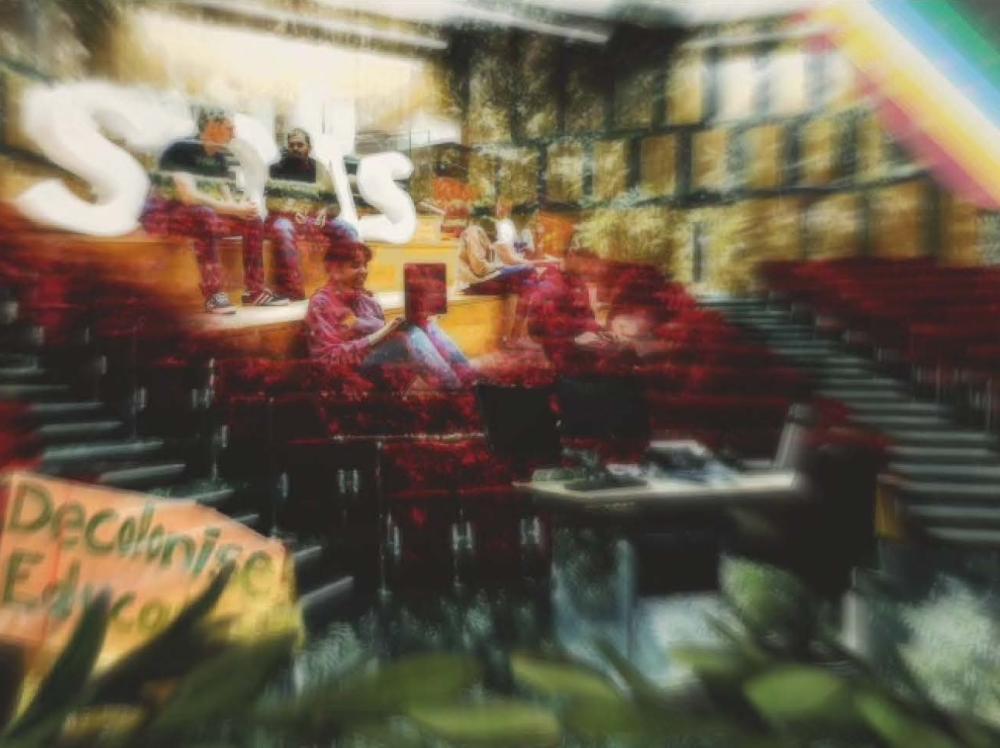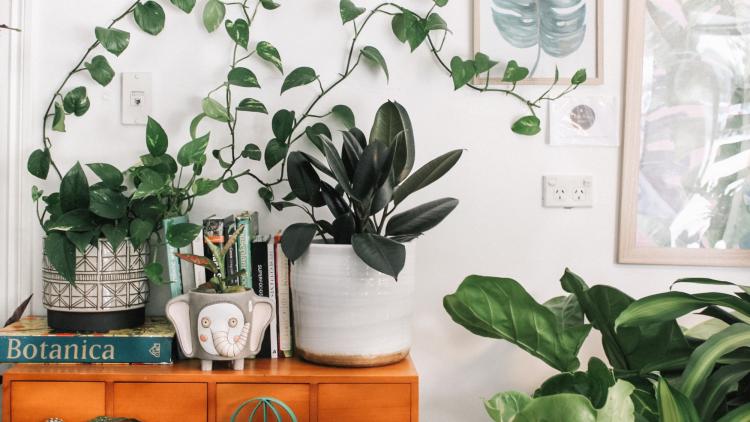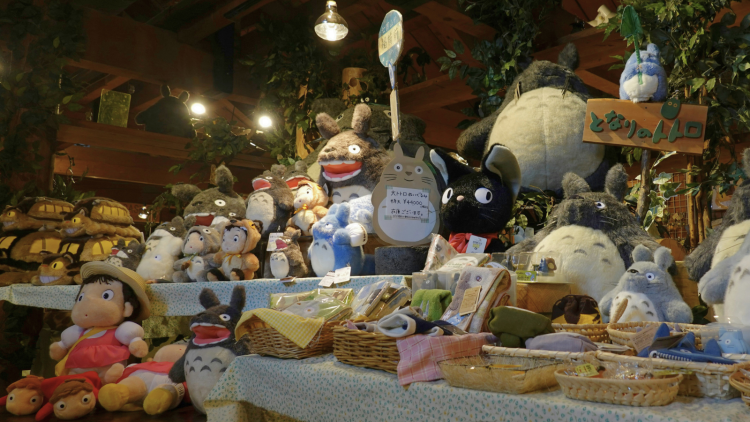A ‘Utopian University’: My SOAS Equity Co-Creator Fellowship project


BA student Savannah Dawson describes her SOAS Equity Co-Creator Fellowship project on ‘utopian universities’ and whether higher education should be reimagined to benefit both students and staff.
How can the university experience be improved? I stumbled onto this topic because I felt it was common for students and staff to have alternative visions of what a ‘university’ could look like and how the learning and teaching experiences could be developed to fit these ideas.
After speaking with members of the SOAS community, I decided that more research needed to be done into whether it was possible to achieve a ‘utopian’ university and how this would differ from the current model. I was lucky enough to have been accepted onto SOAS’ Equity Co-Creator Fellowship, where I was given the time and resources to explore this timely topic even further.
How I tackled my research project
I took great care to establish a collaborative research approach that allowed me to use interviews to guide my secondary research towards the opinions of my participants.
This anthropological approach gave me the opportunity to make a more engaging and creative style of work. I chose to present my findings in a video essay as this allowed me to use various art mediums to express my ideas, and it challenged me to come out of my comfort zone by experimenting with new ways of communicating with others.
Is change needed?
Wellbeing, reduced hierarchy, and community were the three focal points that consistently came up in my research interviews. Many students and staff agreed that their utopian university must value their wellbeing above all else. They also shared that a reduced hierarchy between students and teachers would significantly improve the quality of learning and teaching and would ensure the development of a genuine community.
Many students and staff agreed that their utopian university must value their wellbeing above all else.
Through my secondary research, I found that my three focal points sat under the umbrella of ‘slow learning’, which aims to "inflict a feminist ethics of care [to]… improve the quality of scholarship”, as communicated by Carly Guest in their work ‘Teaching on the edge of time: Developing a slow pedagogy through feminist science fiction’.
From the moment I discovered the concept of slow learning I knew that this approach would fit the imaginary ideal that so many of my participants had explained to me, so I made this concept the focus of my research.
However, many of my participants’ aspiring values are in direct conflict with the neo-liberal university model that now exists. Neo-liberalism values competition over community, speed over development, and standardisation over creativity, so I realised that we needed something beyond a university in its current form to achieve this utopian ideal. This led me to the final question of my research.
Creating an alternative space
Do we need to tear down the idea of a university and reimagine higher education as something completely different? One participant believed that the very term ‘university’ had too much historical and political baggage for them to ever imagine it being something else. Something better. Instead, they proposed the need for an alternative space that is set up collaboratively by students, staff, and members of the local community.
This research project taught me [to]...strive to make institutions and companies more inclusive and welcoming in their approach to people.
Through my interviews and wider reading, I came to understand that introducing alternative learning and teaching spaces separate from university spaces created hope that higher education can become more freeing and attuned to the needs and wellbeing of its community.
This research project taught me not to accept anything at face value but to always challenge things and strive to make institutions and companies more inclusive and welcoming in their approach to people.
The views and opinions expressed in SOAS Blogs are those of the individual authors.
Header image: 'Hope' artwork made by a participant in the project.
About the author
Savannah is a third-year BA Social Anthropology student who is currently completing a study year abroad at Leiden University in the Netherlands. She is interested in opportunities where she can use an anthropological approach to support the growth of positive social impact in the communities that she exists in.




